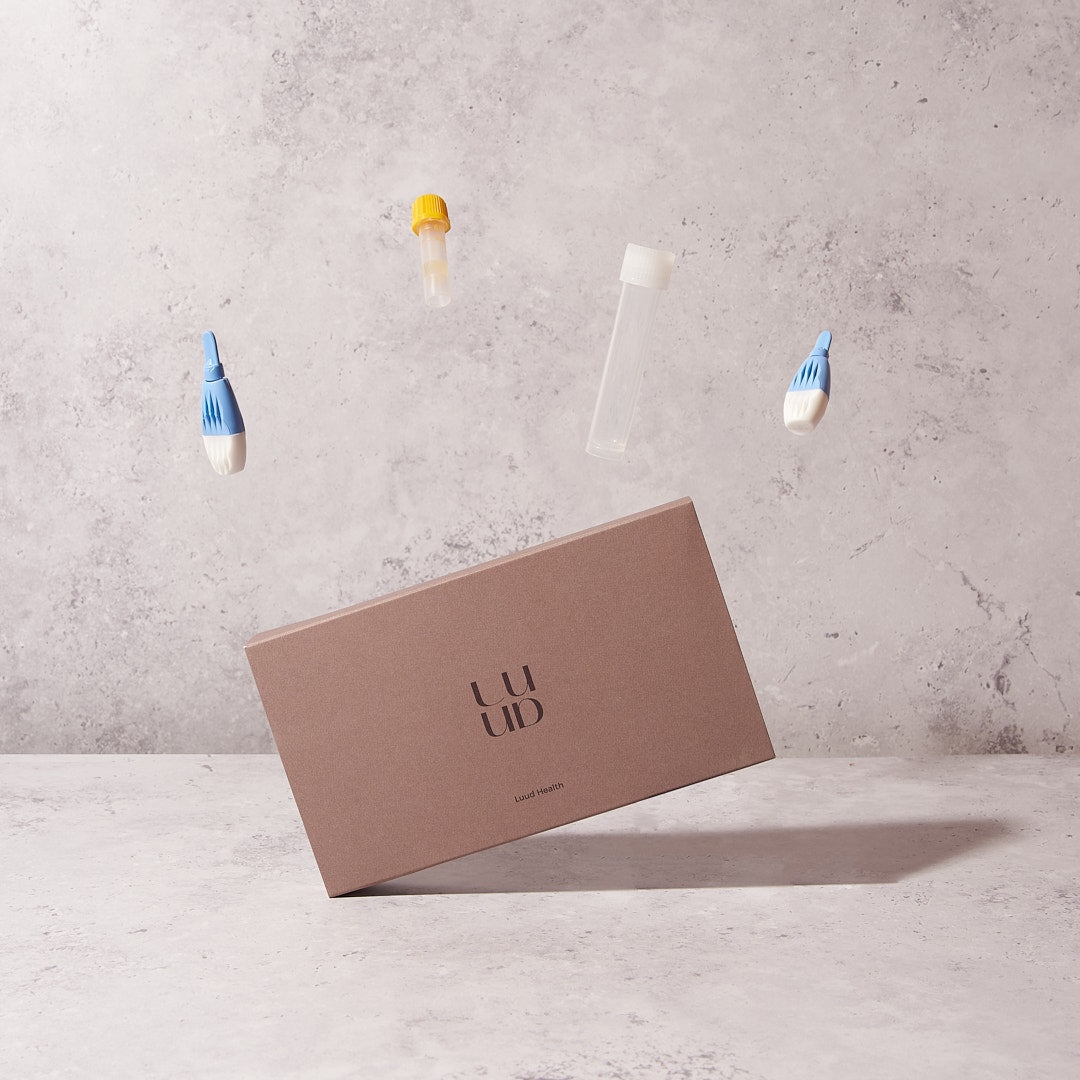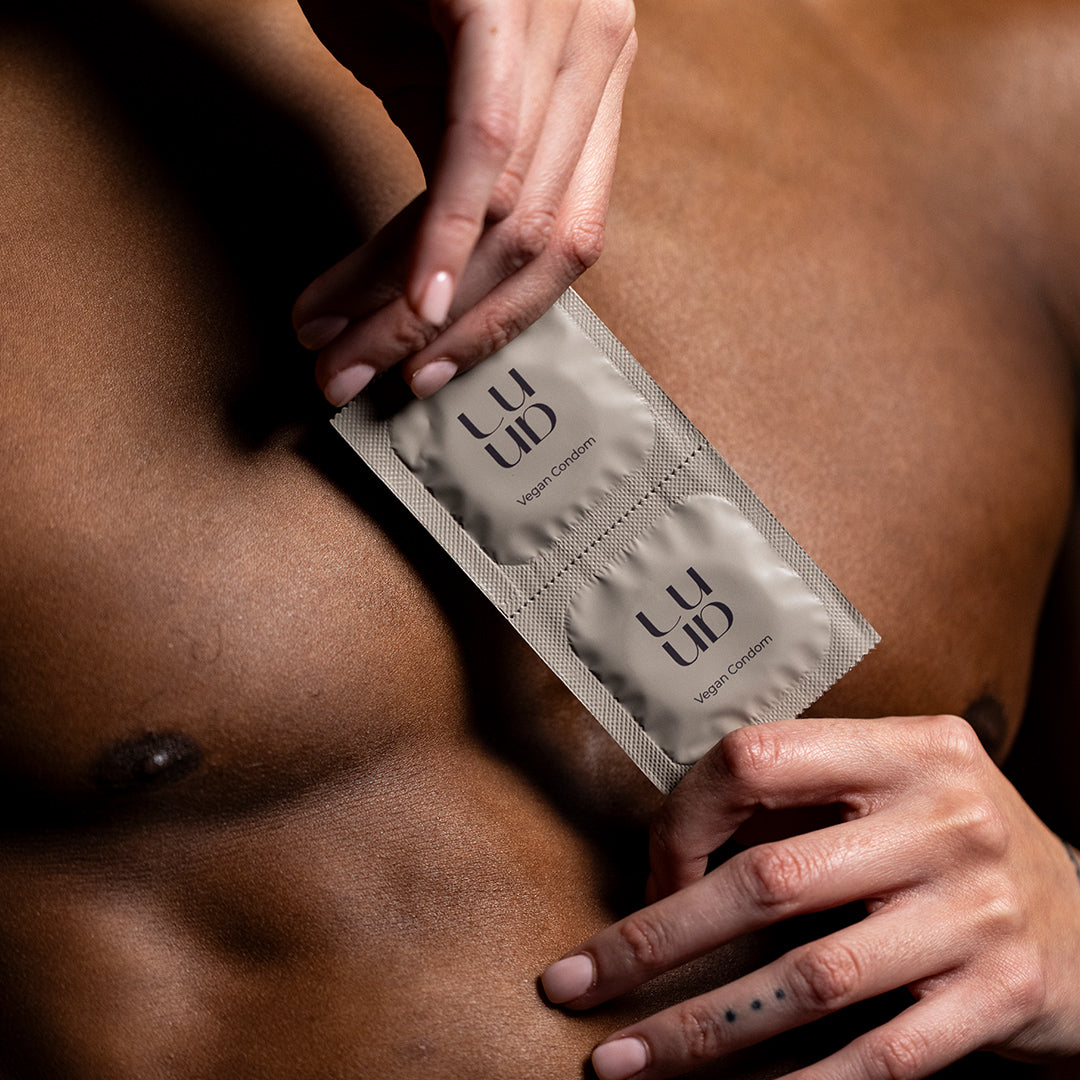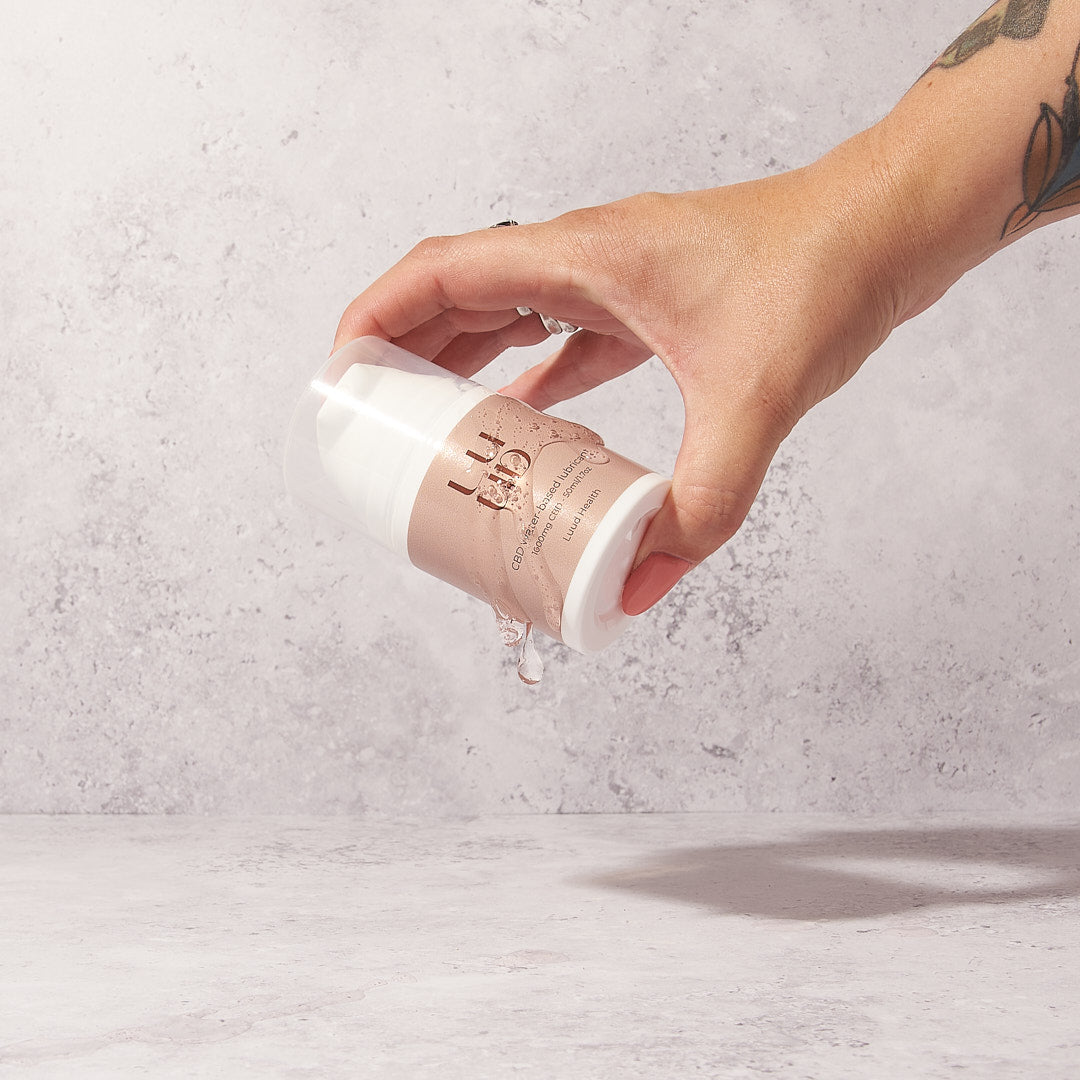Preventing HIV with PrEP
This week is PrEP Awareness Week in the UK. Pre-exposure prophylaxis (PrEP) is a free medication that helps to protect people from HIV. It involves taking a pill that reduces the possibility of HIV transmission. PrEP is available for anyone who is at high risk of contracting HIV. This week is all about raising awareness of PrEP and its benefits, so if you think you might be at risk of getting HIV, talk to your doctor about whether it is right for you.
How does PrEP work for HIV?
PrEP is a pill that can reduce the risk of HIV transmission by up to 99% when taken as prescribed. It works by stopping the virus from replicating inside the body and is an essential tool for people who are at risk of HIV infection. PrEP works by preventing the virus from taking hold in the body and is most effective when taken consistently. While PrEP is not a cure or treatment for HIV, it helps to limit the spread of the virus. Raising awareness and making it more accessible reduces the number of new HIV infections.
Who should take PrEP?
The common misconception about HIV is that it only affects gay and bisexual men. However, 49% of new HIV-positive diagnoses in England in 2020 were in heterosexuals. This demonstrates that anyone who is sexually active must have awareness of HIV and other sexually transmitted infections (STIs). PrEP is a drug taken by HIV negative people before and after sex to reduce the risk of transmission. You may be considered at risk of contracting HIV if you:
-
Have unprotected anal or vaginal sex
-
Have multiple partners or attend sex parties
-
Have a partner who is HIV positive with a detectable viral load
-
Have an HIV positive partner who doesn’t take their HIV medication regularly
-
Are a sex worker
-
Inject drugs and don’t always use clean needles
-
Have recently needed to take PEP (Post-Exposure Prophylaxis)
Can I get PrEP on the NHS?
The medication is free of charge on the NHS in the UK for people who are at risk of exposure to HIV. PrEP must be prescribed by a medical professional and is currently only available from sexual health clinics. Find your local sexual health clinic to get free PrEP here.
When should PrEP be taken?
There are different ways of taking PrEP. Your healthcare provider will discuss these with you and determine which is the right option for you:
-
Daily PrEP: People of any gender can take daily PrEP to prevent HIV infection. If you are exposed to HIV on a frequent basis (eg. your sexual partner is living with HIV) you will be advised to take 1 pill daily.
-
On-Demand PrEP: On-demand PrEP is a medication for cisgender men who have sex with men. It involves taking 2 pills 2-24 hours before a possible HIV exposure, followed by 1 pill daily, until 2 days after the last possible sexual exposure. This is also called "event-based dosing" or "EBD".
-
Four pills per week (also referred to as ‘Ts and Ss’): PrEP is taken on Tuesday, Thursday, Saturday and Sunday each week. This method is only suitable for gay and bisexual cisgender men.
-
Holiday PrEP: This involves taking a particular dosage before and after a time period when you expect to be sexually active.
How long does PrEP take to work?
-
If you’re having anal sex, it takes 7 days of continuously taking PrEP before there is enough medication in your body to protect against HIV.
-
If you’re having vaginal sex, it takes 21 days for PrEP to reach maximum protection for vaginal exposure to HIV.
What are the side effects?
You may experience side effects when starting PrEP. These include headaches, an upset stomach, or a loss of appetite. Try taking your pill alongside a meal or at night before you go to sleep to help stomach-related symptoms. Side effects usually go away on their own within the first month of taking PrEP. Contact your healthcare provider if any of your symptoms become severe.
I’m HIV positive, can I take PrEP?
No. PrEP can only be taken by HIV negative people to stop transmission of the virus. If you are HIV positive, you need antiretroviral treatment. You can get this through your GP, a sexual health clinic or other health professionals.
Tips for taking PrEP
You need to take PrEP exactly as prescribed for it to effectively eliminate the risk of HIV. Here are some tips you may find helpful when starting PrEP:
-
Create a routine: Take your medication alongside a daily task like brushing your teeth. This helps it to become a habit that you won't forget.
-
Set a reminder: Have a daily alarm or calendar event on your phone to prompt you when it’s time to take your pill.
-
Have it handy: Carry a spare pill with you in case you aren't at home when it's time to take your dose.
-
Track what you take: Preptrack is an app that generates a schedule and creates reminders to help you manage your dosing.
-
Keep on top of your prescription: Don’t wait until you run out of PrEP to schedule your next appointment - plan in advance.
-
Get tested regularly: PrEP won’t stop you from contracting other STIs - get tested every 3 months. Your doctor may also recommend kidney function testing or liver tests to confirm PrEP remains safe for you to use.
If you have a break from PrEP and have unprotected sex during this time, make sure you take another HIV test before you restart your pills.
Where can I take an HIV test?
If you have been in sexual contact with an HIV positive person, order a home STI test kit from Luud Health here. This is an easy way to test for HIV in the comfort of your home. Once you return your test to the laboratory in the pre-paid envelope provided you'll receive your results within 2-5 working days through your online account. If you take your HIV test after potential exposure and the result is negative, get tested again after the window period for the test you took.
PrEP is a great way to protect yourself against HIV, and it's even more effective when combined with other tools such as condoms and regular testing. But remember, it won't prevent the transmission of other STIs. The best way to maintain good sexual health is to get tested regularly.






